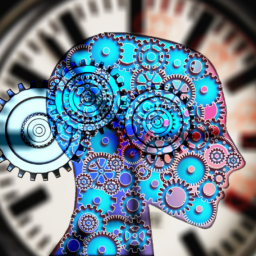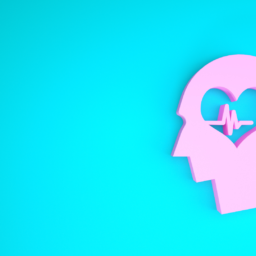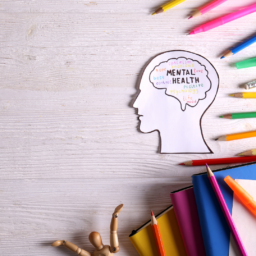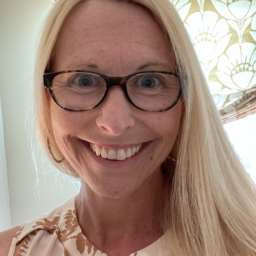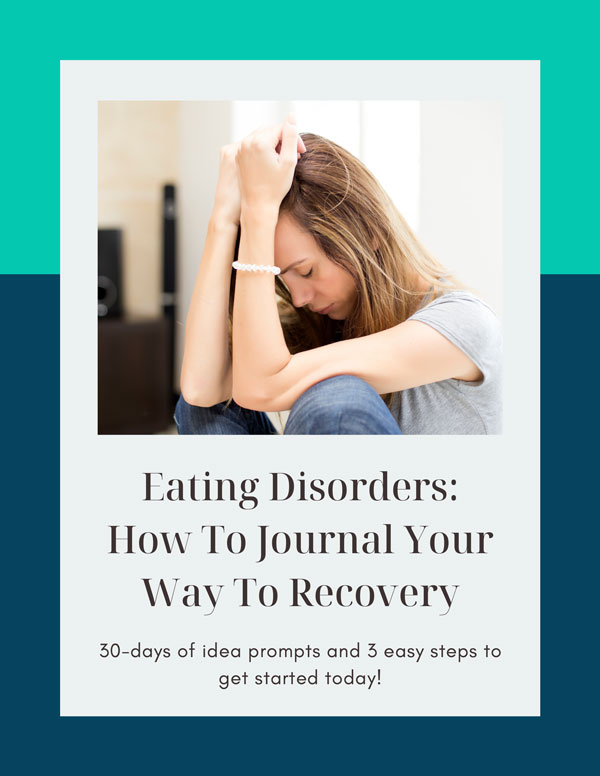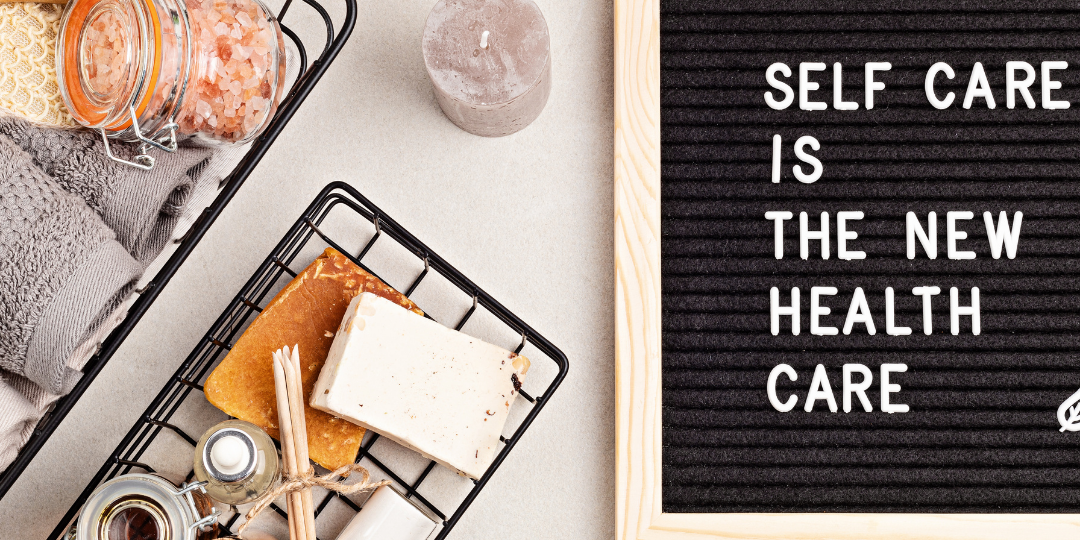
One of my jobs as a therapist is to educate. At the core I am a compassionate teacher and empathic listener. Over the past few weeks I have had the privilege to meet with my some of my client’s parents to educate them about eating disorders. Families can be tremendously supportive to their children as they receive treatment and focus on recovery. Eating disorders affect the entire family and when possible I bring in the families to be part of the solution.
Psycho-education is a vital piece of family treatment. Some parents come in with first-hand experience, some come in with very limited knowledge and some come in completely misinformed. I validate their experiences. I also inform, coach and guide.
A resource that I give to families is the “Nine Truths about Eating Disorders.” The resource is based on Dr. Cynthia Bulik, Phd, FAED, 2014’s “9 Eating Disorders Myths Busted” lecture at the National Institute for Mental Health Alliance.
Nine Truths about Eating disorders
Truth #1: Many people with eating disorders look healthy, yet may be extremely ill.
Truth #2: Families are not to blame, and can be the patients’ and providers’ best allies in treatment.
Truth #3: An eating disorder diagnosis is a health crisis that disrupts personal and family functioning.
Truth #4: Eating disorders are not choices, but serious biologically influenced illnesses.
Truth #5: Eating disorders affect people of all genders, ages, races, ethnicities, body shapes and weights, sexual orientations, and socioeconomic statuses.
Truth #6: Eating disorders carry an increased risk for both suicide and medical complications.
Truth #7: Genes and environment play important roles in the development of eating disorders.
Truth #8: Genes alone do not predict who will develop eating disorders.
Truth #9: Full recovery from an eating disorder is possible. Early detection and intervention are important.
This resource is a great tool to educate and to debunk myths about eating disorders. It helps to start a dialogue with the client’s families and support system. Knowledge is power.
We can recover one day at a time.
Serenity Always,
Meredith





